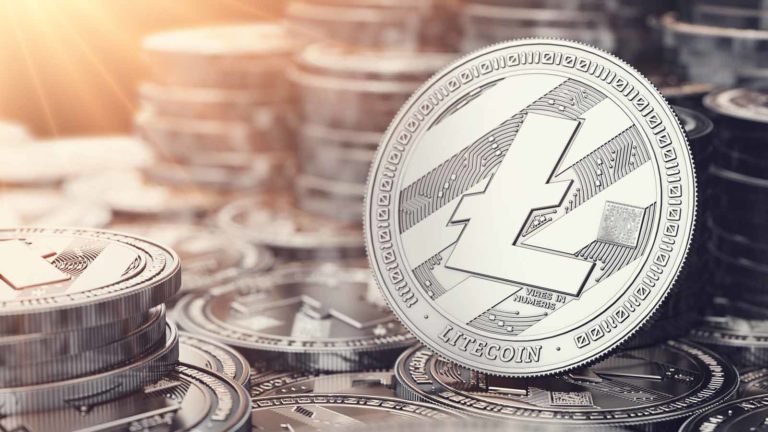Litecoin (LTC-USD) is facing a pair of delistings in South Korea, and the news has big implications. Since implementing its recent upgrade, Litecoin has been gaining clout as a privacy coin. However, this new look for the network is becoming a bit of a heel in some respects. After losing its spot on these exchanges, investors could be getting a peek into a turbulent near-future for the privacy coin market.
One of the top 20 cryptos in the world based on market capitalization, Litecoin isn’t a breakout project. Since forking from Bitcoin (BTC-USD) in 2013, it has been building a reputation as the perfect crypto for transactions. This has culminated in LTC being included in payment giants’ crypto pivots; PayPal (NASDAQ:PYPL), for example, accepts transactions using the coin on its platform.
In recent months, though, Litecoin developers have been looking to build on this reputation with something more. For the last two years, the team has been working on the Mimblewimble upgrade. This new technology, which released in mid-May, allows users on the network to make their transactions totally private if desired.
Mimblewimble effectively turns LTC into a full-blown privacy coin. Users can obfuscate their transactions to keep others from seeing the details behind them. Already a frontrunner in the broader crypto market, the upgrade puts Litecoin at the front of the privacy coin race as well. Respected privacy coins Monero (XMR-USD) and Zcash (ZEC-USD) now have some tough competition.
Litecoin Upgrade Sees Drawbacks as Exchanges Delist LTC
The Mimblewimble upgrade was highly anticipated, and users are quite happy to finally have privatized Litecoin transactions. However, it is leading to some unintended issues for the network and spotlighting the difficulties privacy cryptos will have as regulations expand.
Two South Korean crypto exchanges, Bithumb and Upbit, are delisting LTC as a direct result of the Mimblewimble upgrade. As it stands now, the coin violates South Korea’s anti-money laundering laws. These exchanges have to remove the coin to maintain compliance with regulators.
The news exemplifies a growing divide between the largely libertarian crypto faithful and government institutions. Privacy cryptos have cropped up and gained appeal among those who wish to keep their transactions anonymous. But now, many governments are starting to crack down on these coins and tokens.
In the European Union (EU), lawmakers are floating policies to implement know-your-customer (KYC) provisions in the crypto market. Under these rules, privacy cryptos won’t be able to exist; KYC requires exchanges to keep tabs on each user so they can provide identifying information to law enforcement. This is part of the organization’s broader pursuit of anti-money laundering policies in Europe.
Several European countries already have KYC provisions, including France, the U.K. and Australia. In the U.S., KYC provisions already exist to curb money laundering with fiat transactions. As these countries start to actually adopt policies like South Korea, it could spell trouble for Litecoin and the host of privacy cryptos that have existed thus far in peace.
On the date of publication, Brenden Rearick did not have (either directly or indirectly) any positions in the securities mentioned in this article. The opinions expressed in this article are those of the writer, subject to the InvestorPlace.com Publishing Guidelines.

